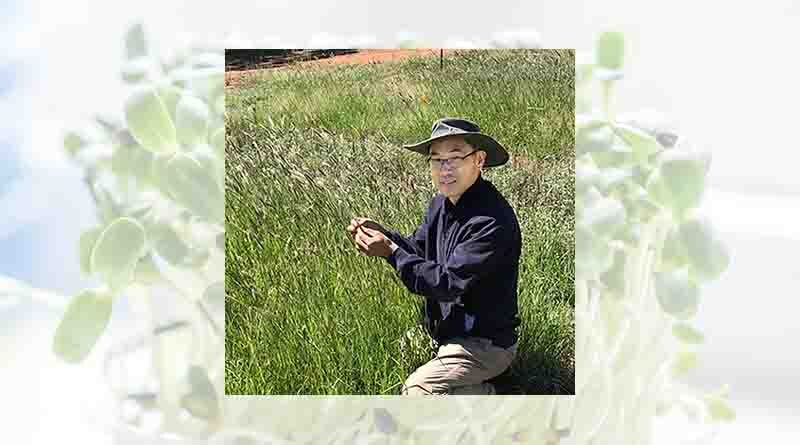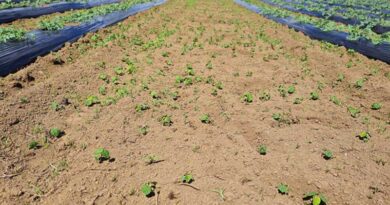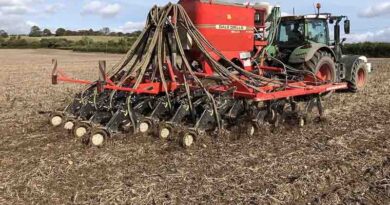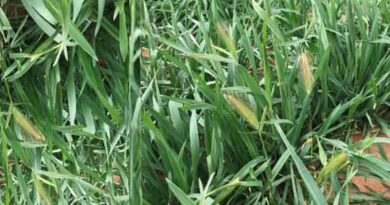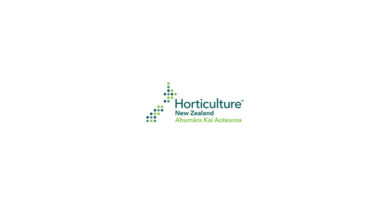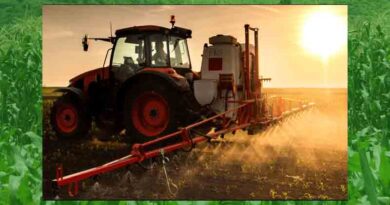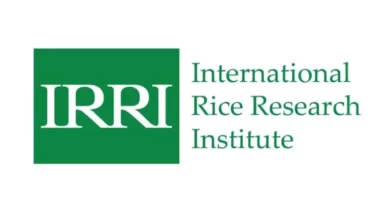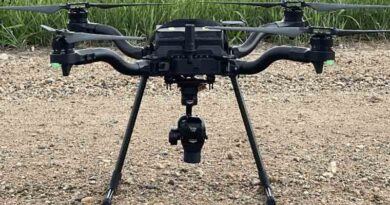Australia: NSW farmers research-ready to tackle feathertop Rhodes grass
10 August 2022, AU: New research results tailored to meet the needs of southern NSW landholders managing the invasive weed, feathertop Rhodes grass, will be showcased in a series of free workshops during September.
A joint Grains Research and Development Corporation (GRDC) and NSW Department of Primary Industries (DPI) research project, led by NSW DPI principal research scientist, Hanwen Wu, investigated control strategies best suited to southern NSW.
“We found grazing offered management options which had not previously been fully explored,” Dr Wu said.
“Research results from trials at our Wagga Wagga Agricultural Institute revealed important information about the nutritional value of feathertop Rhodes grass to livestock.
“While the nutritional value declined rapidly as plants matured, when the weed was young and fresh its nutritional value was similar to annual ryegrass pasture.
“At the tillering stage annual ryegrass delivers 14 to 22 per cent crude protein with metabolisable energy rated at 9.7 to 11 megajoules per kilogram of dry matter. At the same stage, feathertop Rhodes grass produces 17 per cent crude protein and 10.7 MJ/Kg DM and contains 12.7 crude protein with 10.1 MJ/Kg DM at the heading stage.”
| Crude protein(%) | Metabolisable energy (MJ/Kg DM) | |
| Annual ryegrass (vegetative stage) for comparison* | 14 – 22 | 9.7 – 11.0 |
| Feathertop Rhodes grass – Tillering stage | 17 | 10.7 |
| Feathertop Rhodes grass – Heading stage | 12.7 | 10.1 |
| Feathertop Rhodes grass – Seed maturity stage | 6.4 | 7.9 |
Heavy grazing was investigated as a management tactic to delay and reduce feathertop Rhodes grass seed production in mixed farming enterprises.
Dr Wu said both multiple grazing by sheep and grazing in combination with herbicide treatments substantially delayed and reduced feathertop Rhodes grass seed production.
“When sheep and cattle eat mature seeds many are digested as they pass through the rumen, which substantially reduces the number of viable seeds in the dung,” he said.
NSW DPI research over two seasons showed that when grazing pressure was removed the weed was able to recover and set seed.
With feathertop Rhodes grass continuing to spread south across eastern Australia, where it devalues pasture and reduces productivity, local growers and advisers are now invited to gain a better knowledge of feathertop Rhodes grass.
The latest information about its survival and dispersal behaviours and effective management tactics to control this emerging weed will be presented at free one-day GRDC and NSW DPI supported workshops.
To reserve your seat please call ICAN, 02 9482 4930 or book via the GRDC Events website:
- Condobolin RSL Club, Tuesday 6 September: https://grdc.com.au/events/list/2022/9/grdc-feathertop-rhodes-grass-workshop-condobolin
- Narromine USMC, Wednesday 7 September: https://grdc.com.au/events/list/2022/9/grdc-feathertop-rhodes-grass-workshop-narromine
- Walgett Sporting Club, Thursday 8 September: https://grdc.com.au/events/list/2022/9/grdc-feathertop-rhodes-grass-workshop-walgett
- Gunnedah Services Club, Friday 9 September: https://grdc.com.au/events/list/2022/9/grdc-feathertop-rhodes-grass-workshop-gunnedah
- Griffith Exies Bagtown, Wednesday 14 September: https://grdc.com.au/events/list/2022/9/grdc-feathertop-rhodes-grass-workshop-griffith
- West Wyalong Services & Citizens Club, Thursday 15 September: https://grdc.com.au/events/list/2022/9/grdc-feathertop-rhodes-grass-workshop-west-wyalong
- Parkes Services Club, Friday 16 September: https://grdc.com.au/events/list/2022/9/grdc-feathertop-rhodes-grass-workshop-parkes
Facilitated by ICAN with NSW DPI researchers on-hand to answer your questions, workshops will run from 8.30am to 4pm. Pre-registration is essential for catering and Covid-19 compliance.

